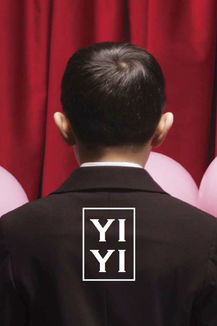
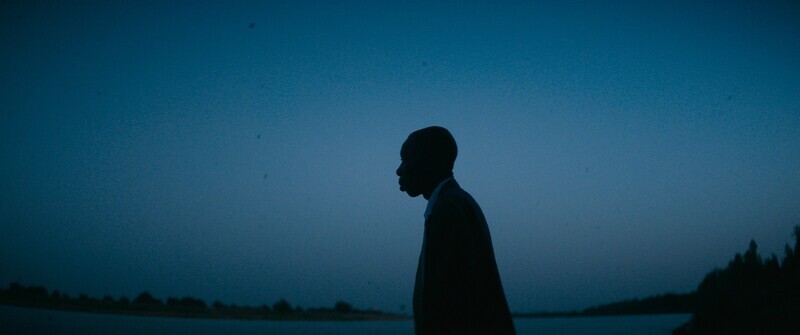
On three films from Berlinale, including the first film from Abderrahmane Sissako since "Timbuktu."
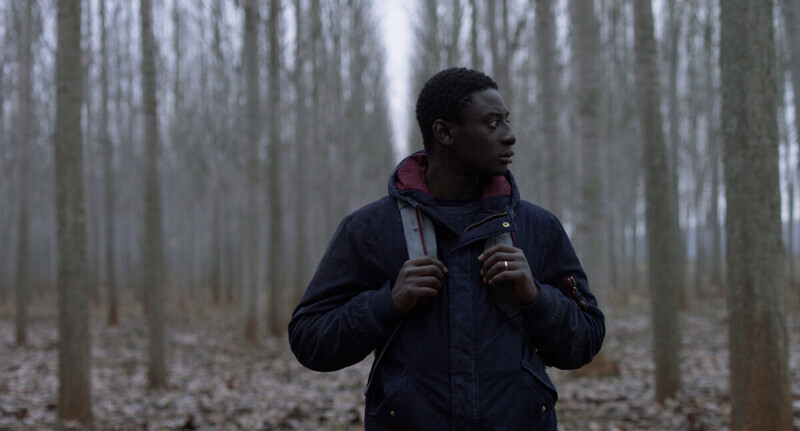
A final dispatch from the Karlovy Vary International Film Festival, along with an abstract video diary.
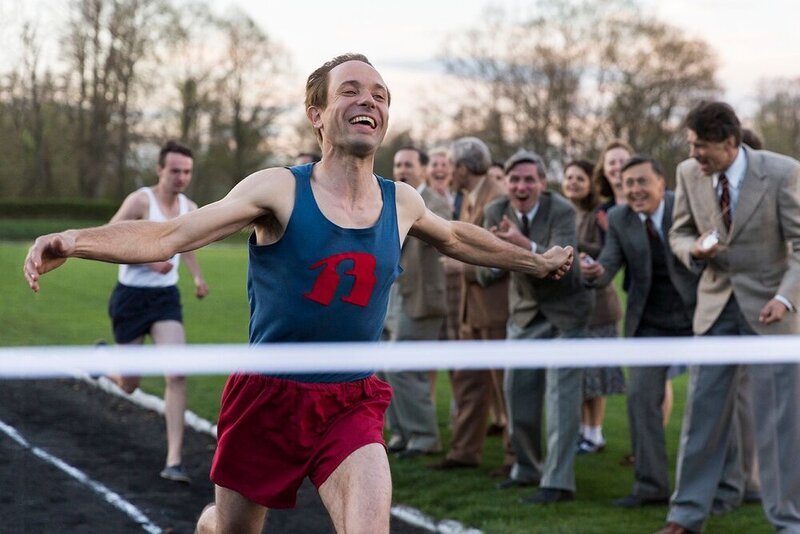
Scout Tafoya reports from the 2021 Karlovy Vary International Film Festival, including the latest by David Ondříček, Jacques Audiard, and Celine Sciamma.

A preview of the upcoming 55th annual Karlovy Vary International Film Festival, which runs from August 20-28.

A review by a far-flung correspondent of the South Korean family drama Moving On.
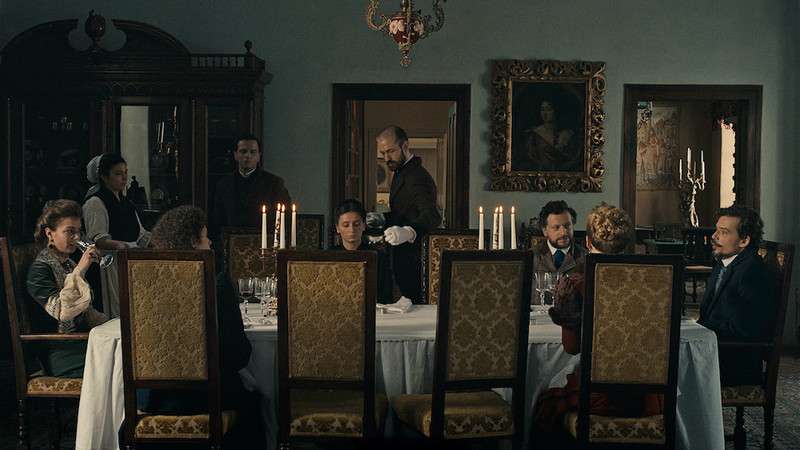
A dispatch from NYFF on the latest from Cristi Puiu, Tsai Ming-liang, and Heidi Ewing.
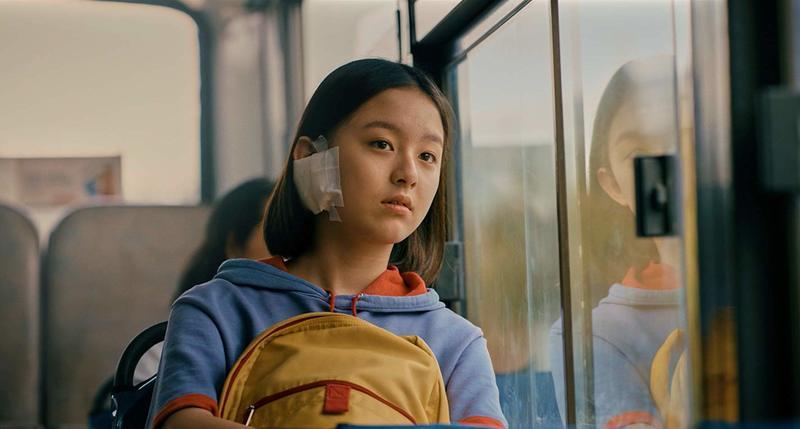
Recommendations from Far Flung Correspondent Seongyong Cho about films other than Parasite that represent the best in modern South Korean film.

Lists from our critics and contributors on the best of 2014.
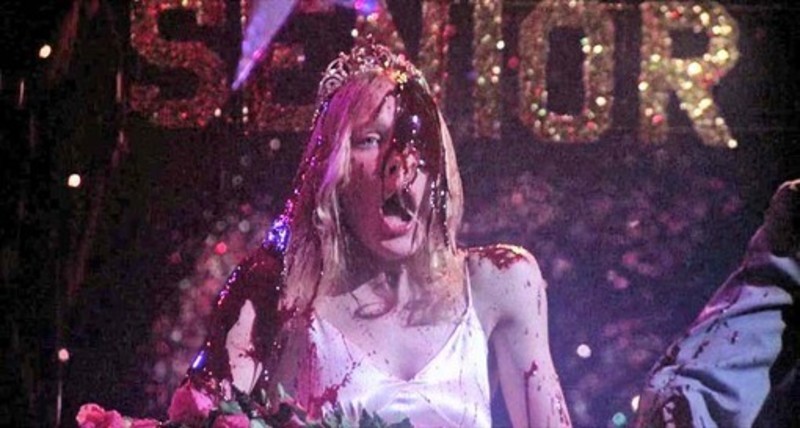
OK, this is where it really gets interesting. Forget the consensus Top 50 Greatest Movies of All Time; let's get personal. Sight & Sound has now published the top 250 titles in its 2012 international critics poll, the full list of more than 2,000 movies mentioned, and all the individual lists of the 845 participating critics, academics, archivists and programmers, along with any accompanying remarks they submitted. I find this to be the most captivating aspect of the survey, because it reminds us of so many terrific movies we may have forgotten about, or never even heard of. If you want to seek out surprising, rewarding movies, this is a terrific place to start looking. For the past few days I've been taking various slices at the "data" trying to find statistical patterns, and to glean from the wealth of titles some treasures I'd like to heartily recommend -- and either re-watch or catch up with myself.
I know we're supposed to consider the S&S poll a feature film "canon" -- a historically influential decennial event since 1952, but just one of many. I don't disagree with Greg Ferrara at TCM's Movie Morlocks ("Ranking the Greats: Please Make it Stop") when he says that limiting ballots to ten all-time "best" (or "favorite," "significant," "influential" titles is incredibly limiting. That's why I think perusing at the critics' personal lists, the Top 250 (cited by seven critics or more) and the full list of 2,045 films mentioned is more enjoyable pastime.
It's wise to remember that, although the top of the poll may at first glance look relatively conservative or traditional, there's a tremendous diversity in the individual lists. Even the top vote-getter, "Vertigo," was chosen by less than one quarter of the participants.
Ever since David Thomson's "A Biographical Dictionary of Film" was published in 1975, browsers have said that they love to hate Thomson's contrarian arguments -- against John Ford or Frank Capra, Coppola or Kubrick, for example.¹ Fans and critics can cite favorite passages of resonant beauty, mystifyingly vague and dismissive summary judgements, and entire entries in which the man appears to have gone off his rocker. And that's the fun of it.
To be fair, Thomson broke faith with (or has been suffering a crisis of faith in) American movies at least far back as "Overexposures: The Crisis in American Filmmaking" (1981), and he's been writing about his crisis ever since. To put it in a sentence that could serve as the ending of one of his entries: I am willing to believe that he loves (or once loved) movies even if he doesn't like them very much. (Wait -- how does he conclude the Katharine Hepburn piece? "She loved movies, while disapproving of them.")
When I encountered the first edition of this book, the year I entered college, I immediately fell in love with it because it was not a standard reference. It was personal, cranky, eloquent, pretentious, pithy, petty, ambitious... It was, as I think Thomson himself suggested in the foreword to the first or second edition (this is the fifth), more accurately titled "An Autobiographical Dictionary of Film." Many times over the years I have implored my employers or partners to license digital rights to Thomson's book so that it could augment and be integrated with other movie databases and references (at Cinemania, FilmPix, Reel.com, RogerEbert.com)... but we've never done it. What, they would ask, is the "value-add"? (Really. Some people used to talk that way.) As a reference, its coverage is too spotty (Ephraim Katz's Film Encyclopedia is much more comprehensive but also has loads of incomplete filmographies), as criticism it's wildly idiosyncratic (nothing wrong with that) and as biography it's whimsically selective and uneven, leaving as many holes as it fills.
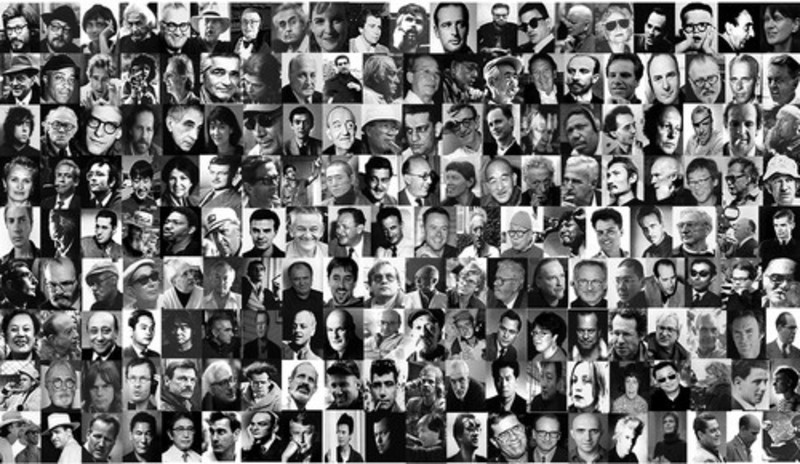
Click above to REALLY enlarge...
UPDATED 01/28/10: 2:25 p.m. PST -- COMPLETED!: Thanks for all the detective work -- and special thanks to Christopher Stangl and Srikanth Srinivasan himself for their comprehensive efforts at filling the last few holes! Now I have to go read about who some of these experimental filmmakers are. I did find some Craig Baldwin movies on Netflix, actually...
Srikanth Srinivasan of Bangalore writes one of the most impressive movie blogs on the web: The Seventh Art. I don't remember how I happened upon it last week, but wow am I glad I did. Dig into his exploration of connections between Quentin Tarantino's "Inglourious Basterds" and Jean-Luc Godard's "History of Cinema." Or check out his piece on James Benning's 1986 "Landscape Suicide." There's a lot to look through, divided into sections for Hollywood and World Cinema.
In the section called "The Cinemaniac... I found the above collage (mosaic?) of mostly-famous faces belonging to film directors, which Srikanth says he assembled from thumbnails at Senses of Cinema. Many of them looked quite familiar to me, and if I'm not mistaken they were among the biographical portraits we used in the multimedia CD-ROM movie encyclopedia Microsoft Cinemania, which I edited from 1994 to 1998, first on disc, then also on the web. (Anybody with a copy of Cinemania able to confirm that? My Mac copy of Cinemania97 won't run on Snow Leopard.)
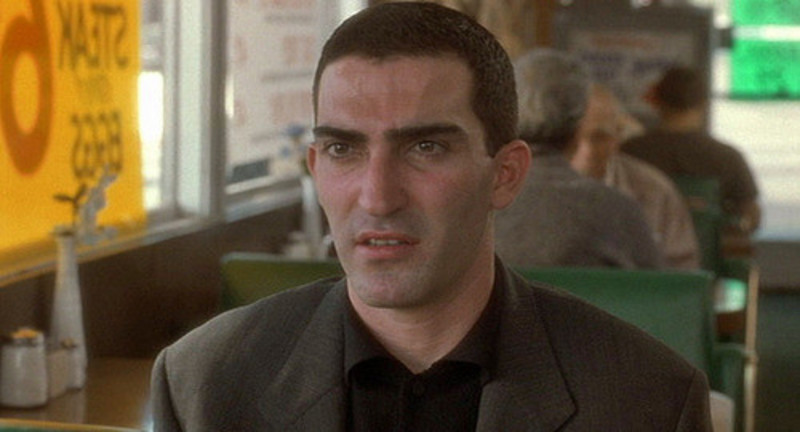
Critical polls conducted by Film Comment, indieWIRE, the Village Voice/LA Weekly, Cahiers du Cinéma and now the Los Angeles Film Critics Association have all chosen David Lynch's 2001 "Mulholland Dr." as the best movie of the decade.
UPDATE 2/12/10: The Muriels and Slant Magazine also choose "Mulholland Dr." as best of the Aughts.
Full list below...
Justin Chang writes at LAFCA.net:
Call us provincial -- David Lynch's psychoerotic noir is one of the essential L.A. movies -- but the more significant reason for the film's enduring critical favor may be its deconstruction of the toxic allure of the Dream Factory. "Mulholland Dr." projects an ambivalence toward Hollywood with which almost any critic can identify: Moving images have the power to seduce and move us, but many of them are the products of a system that routinely turns dreams into nightmares and artists into meat. Famously salvaged from a rejected TV pilot, Lynch's film stands as both a cautionary tale and a mascot for the triumph of art and personal vision in an industry that, from where we sit, often seems actively devoted to the suppression of both. [...]
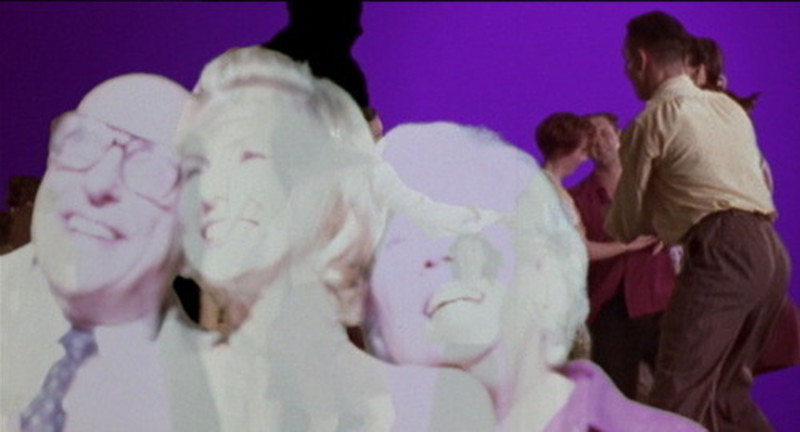
Ow, my brain hurts. So, let's just get these out of the way, shall we? In the annual Village Voice/LA Weekly Film Poll, announced just before Christmas, 94 critics (including me) came up with 160 nominations for best films of 2009 -- and voted in a bunch of other categories, too, including Best Film of the Decade ("Mulholland Dr."). [My decade favorites are here.]
Meanwhile, Film Comment polled another big batch o' crix (a lot of the same ones, in fact) and came up with a somewhat different 20 Best of 2009 list -- and 150 Best Films of the Decade (topped by... "Mulholland Dr."). Just for fun, let us compare the two groups' Top Dozen for both year and decade:
Edward Yang in 2001. (AP photo)
Director Edward Yang, perhaps most familiar to US audiences for his 2000 epic "Yi Yi" (which won him Best Director honors at the Cannes Film Festival), died Friday at age 59, another victim of colon cancer. The Shanghai-born, Taipei-raised filmmaker died in Beverly Hills.
In the latest issue of cinema scope, Jonathan Rosenbaum writes: For $17 you can acquire Edward Yang’s greatest film, "A Brighter Summer Day" (1991) with English subtitles from www.asiafilm.com. On the back of my copy, one can read, “This masterpiece film is not currently being distributed in any video format worldwide, so we are making this available as a service to film lovers. If you know how we can contact Edward Yang to try to distribute BSD on DVD in North America, please contact us at (940) 497-FILM. Thank you and enjoy!” The only problem with all this is that this one-disc edition is perversely subdivided into only two chapters while the $15, two-disc version available from www.superhappyfun.com, also subtitled, has more normal chapter divisions. (The four-disc English-subtitled VCD version, which has no chapter breaks at all, no longer appears to be available.) Also, the asiafilm version is 228 minutes long, whereas IMDb rightly or wrongly lists the film’s original running time as 237 minutes. I can’t vouch for the running time of the two-disc version, except to point out that it starts and ends in the same way as the asiafilm version. (The inferior three-hour version, which Yang was originally talked into editing in order to get the film released in any form, appears to have vanished, like the two-hour version of Jacques Rivette’s "L’amour fou" [1969]; I say good riddance)"Yi-Yi" is available in a Criterion Collection DVD edition.
Q. Sight & Sound has recently released the results of a poll asking what the best films of the last 25 years are. What do you think of the results of this poll? (M. Lingo, Bodega Bay CA)
CANNES, France -- A Danish film set in America but filmed in Sweden with stars from Iceland, France and the United States won the coveted Palme d'Or here Sunday night, at the 53rd Cannes Film Festival. Lars Von Trier's "Dancer In The Dark" picked up the top prize even though it got the most negative review in the recent history of Variety, the show biz bible. And its star, the Icelandic pop singer Bjork, won as best actress even though von Trier insists she is not an actress at all.